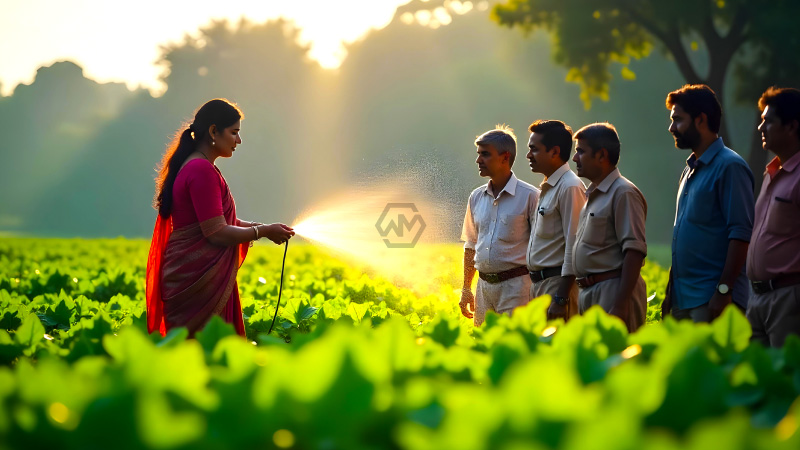- Over 820 million people are currently facing hunger, exacerbated by climate change and population growth.
- Precision agriculture and vertical farming are key engineering solutions that can enhance productivity while minimizing environmental impact.
- Sustainable practices like organic farming and agroecology are essential for preserving natural resources and ensuring future food security.
The challenges of food security and sustainable agriculture are becoming increasingly urgent as the global population continues to rise, projected to reach 9.7 billion by 2050.
Moreover, sustainable agriculture practices are vital for maintaining the health of ecosystems and agricultural productivity.
Transforming Agriculture: Engineering Solutions for Food Security and Sustainability
The intersection of engineering and agriculture presents unique opportunities to address the global challenges of food security. With more than 820 million people experiencing hunger, innovative approaches are essential. Technologies such as precision agriculture utilize GPS and data analytics to optimize resource usage, thereby increasing crop yields while minimizing waste. By implementing these technologies, farmers can significantly enhance their productivity and environmental stewardship.
Vertical farming emerges as another promising solution, particularly in urban areas where space is limited. This method involves growing crops in stacked layers within controlled environments, reducing the need for arable land and cutting transportation costs. Furthermore, vertical farms can provide fresh produce year-round, aligning with the growing demand for local food sources in densely populated regions.
Irrigation efficiency is crucial in sustainable agriculture, especially in regions facing water scarcity. Techniques like drip irrigation and soil moisture monitoring can dramatically reduce water usage while boosting crop yields. Additionally, rainwater harvesting systems can further supplement water supplies, making it feasible for farmers to cultivate crops in areas that previously faced significant water challenges.
Supporting sustainable agriculture through organic farming and agroecological practices is equally important. These methods promote soil health, enhance biodiversity, and reduce dependency on synthetic inputs. By adopting strategies such as cover cropping, no-till farming, and crop rotation, farmers can create resilient agricultural systems that protect the environment while ensuring food security for future generations.
In summary, leveraging engineering innovations and sustainable practices is crucial for addressing the pressing issues of food security and environmental sustainability. By integrating these approaches, we can create resilient agricultural systems that meet current and future food demands while preserving our planet’s resources.
“The future of food security relies on our ability to innovate and adapt to the challenges posed by climate change and resource scarcity.”



